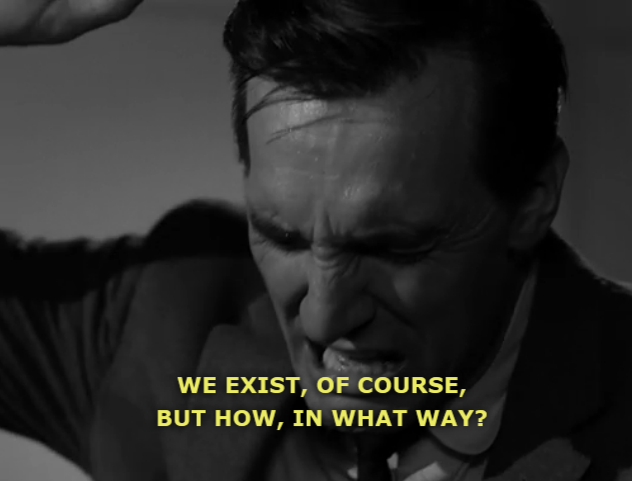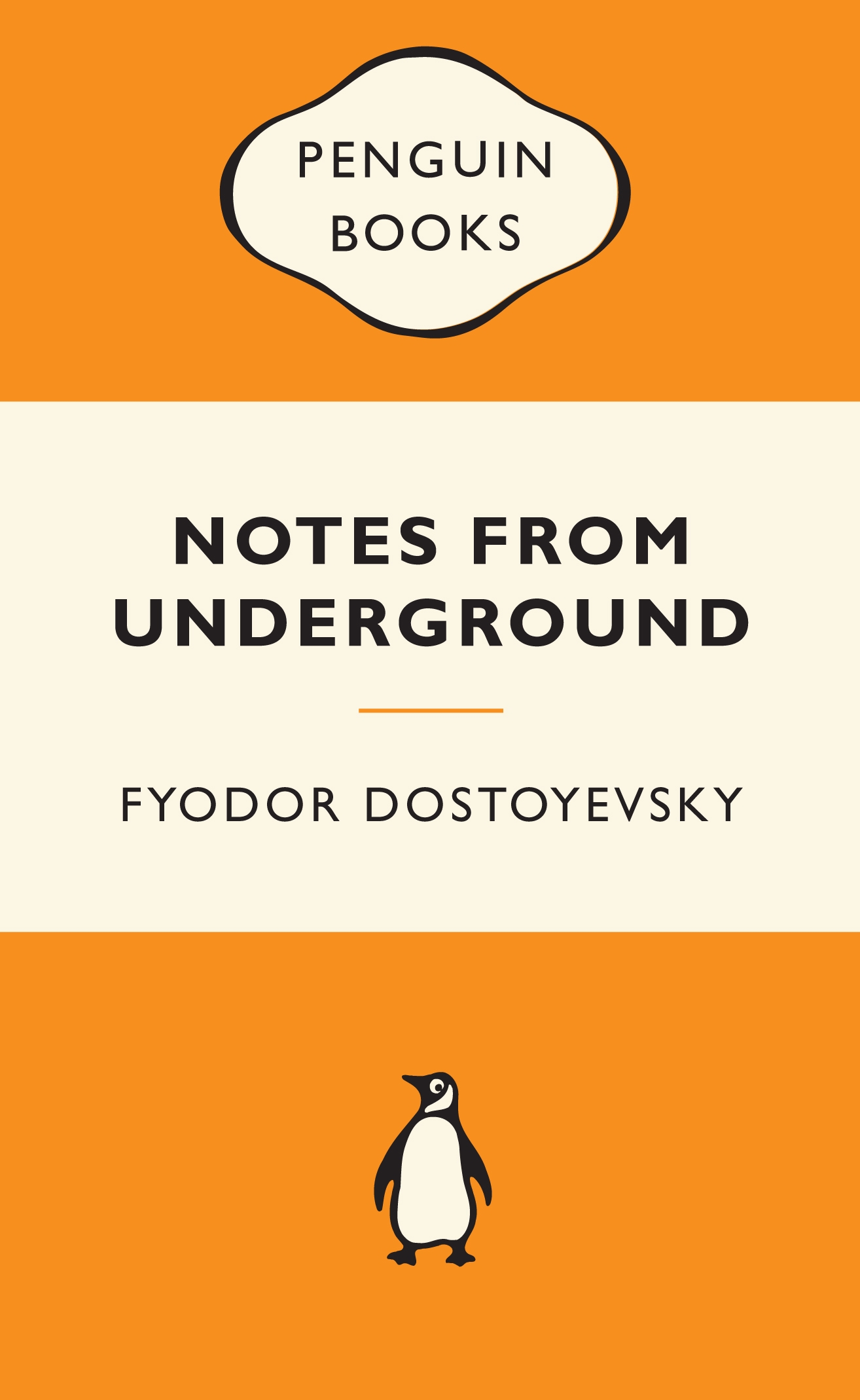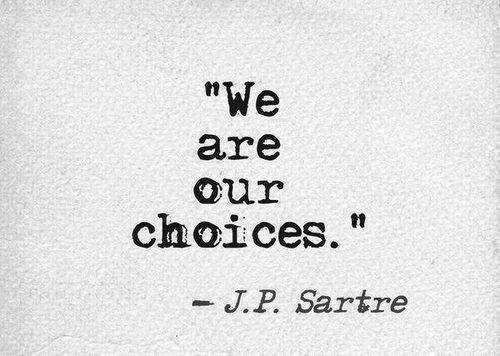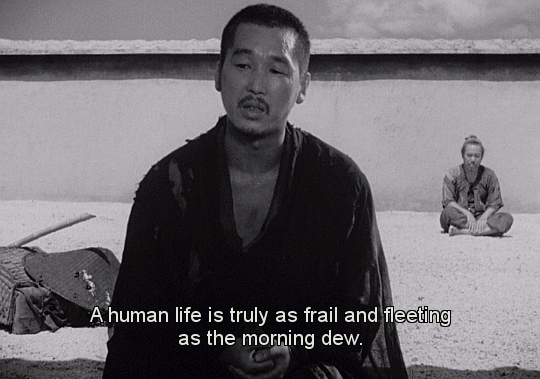Edward Caddy took the ‘Philosophical Britain‘ module at Queen Mary in 2016. In this post he writes about ‘existentialism’ – one of the most widely used of all philosophical keywords.

Benedict Cumberbatch performs in Director Lyndsey Turner’s production of Hamlet at the Barbican, in London. Johan Persson / Reuters
“To be, or not to be: that is the question…” As a youth, sitting in class on a hazy summer afternoon, I didn’t wholly understand the question. In fact, I very much doubt anyone in that class did, no offence meant, Mr Williams. Shakespeare’s famous soliloquy must surely be the Western world’s most well known expression of an individual in existential crisis. Martin Heidegger’s Being and Time, published in 1927 was the first philosophical work to point to the fact that ‘the essence of what it means to be human’. For Heidegger, as for Prince Hamlet, the only question a human must answer, is whether they choose to a live an authentic life, or not – what it means to be human is evidenced by our every day existence. Fortunately for most of us, Hamlet’s reservation remains one to be tackled in fiction and fantasy. Existentialist philosophers however, share a common concern with Hamlet, asking questions such as; Why am I here? What does it mean to be human? How should I best live my life?
‘Existential’ is recorded as having first entered the English language in 1656. The term was drawn from 4th century post-classical Latin – existentialis – meaning, coming into being. Up until the mid-20th century, ‘existential’ was used primarily to refer to existence; it held no philosophical definition as such. Unsurprisingly, the term found its roots outside the relatively modern field of existential philosophy. For instance, in the field of psychology, ‘existentialist’ found use as early as 1929 to describe an advocate of an approach to the study of consciousness based on the introspective analysis of experience into its elements. It was not until the mid-1940s that French Catholic philosopher Gabriel Marcel coined the term ‘existentialism’ to refer to the emerging philosophical approach.[1]
Clearly defining existentialism has proven difficult, not least because of profound doctrinal differences between existentialism’s principle philosophers. The general consensus has been to consider existentialism not as a philosophical system or rigid set of doctrines, but rather as a philosophical movement, which focuses primarily on the analysis of human existence. The primary interest of those in the movement is the problem of human existence.
Despite rising to prominence in the mid-20th century, it was two thinkers from the 19th century that are considered the founding fathers of the movement. Søren Kierkegaard and Friedrich Nietzsche, though they never used the term ‘existentialist’, were the first to focus on the subjective human experience and the apparent meaningless of life. It was in the context of the emerging sense that science, which had made the world a mechanism governed by irrefutable, natural laws, and had drained any external or transcendent source of meaning, purpose or value from the universe, that Kierkegaard and Nietzsche began to look again at what it meant to be human, and how being human can be something valuable and useful. To overcome this dilemma, Kierkegaard’s knight of faith and Nietzsche’s Übermensch defined the nature of their own existence. In this way, Kierkegaard and Nietzsche can be considered the precursors to the philosophies that would define the movement.

“Shadow Play” 1961
It was in the years following the Second World War that existentialism became a significant philosophical and cultural movement, with influential existentialists such as Albert Camus, Simone de Beauvoir, Martin Heidegger, Maurice Merleau-Ponty and perhaps, most notably, Jean-Paul Sartre. The Second World War focused attention on the kind of moral dilemma that you’re faced with if you don’t have any absolutes to rest on – in a sense, the war presented individuals with a sharper form of perennial dilemmas. This period was pivotal for the transmission of existential philosophy to the public sphere; Beauvoir wrote that “not a week passed without the newspapers discussing us”;[2] existentialism became “the first media craze of the postwar era.”[3]
“[Existentialism] is an attitude that recognises the unresolvable confusion of the human world, yet resists the all-too-human temptation to resolve the confusion by grasping toward whatever appears or can be made to appear firm or familiar… The existential attitude begins with a disoriented individual facing a confused world that he cannot accept.” (From Hegel to Existentialism, Robert Solomon)
Solomon’s explanation goes some way to expressing the existentialist’s concern with the ‘human condition’ and the questions they sought to answer. Existential thinkers have differed widely on their evaluation of the ‘human condition’ which only adds to the difficulty in defining the keyword, let alone the movement.
Although existentialist thinking became more apparent, it managed to retain, or indeed entrench further, its fluidity as a term. As Solomon noted, the individuals starting point begins with “the existential attitude”, that is, disorientation and confusion in the face of an apparently meaningless world; for many, this only served to reinforce pre-existing, all-encompassing systems or theories that purported to provide answers to the meaning and purpose of human life. That is, religious and philosophical systems that remove the massive burden you are faced with if you try to create meaning and purpose for yourself in a unique and personal manner. Existential thinking is not fixed thinking.
The lack of clearly defined parameters has served to increase the
has served to increase the
accessibility, and appeal of existentialism – in the wider realm of literature, theatre and film and television, ideals can be picked and chosen at will. Fyodor Dostoyevsky was the first to use literature to describe the existential condition in his Notes from Underground. Dostoyevsky describes the underground man, confronting an awful solitude and the lack of meaning and value in the universe. The protagonist, confronted with a confused world, has to look to himself to find meaning.
Dostoyevsky’s novels spawned influence in the world of film and television, art, literature and theatre. Jean Genet’s 1950 fantasy erotic Un chant d’amour attempts to convey the bleakness of human existence in a godless universe. More recently, The Matrix, Monty Python’s The Meaning of Life and even Toy Story, although not explicitly existentialist, tackle ideas of self, identity, freedom and authenticity. Whilst this creates difficulty in assessing the history of existentialism as a keyword, it goes some way to note the importance of existentialism in areas that it is not traditionally acknowledged. Existential philosophy will effect almost everybody at some point in their lives, whether they are conscious of it or not.

Much like myself growing up in the 21st century, young people right across the 1950s, ’60s and ’70s were influenced greatly by existentialism, not immediately by the novels and writings of Sartre or Camus, but by a series of popularisations that were extraordinarily well read – books by John Macquarrie, Lynne Olson, and Walter Kauffman. The Spectator Archive reflects the increase of existentialism in the public sphere from the 1960s onwards. The works of the aforementioned prolific authors served to distill and impress upon these adolescents, the essence of the existential outlook. Sarah Bakewell’s recent article, highlights how existential thinking is still relevant to us today, going so far as to say that it offers a number of unique benefits in the realms of personal life, relationships and productivity. In an ever increasingly definition-rejecting age that seeks to define itself upon ones self rather than external measures or values, the ideals of existentialism that are distilled through theatre, film and literature are more important than ever.
Despite the apparent morbidity of existentialism, there is an optimism. The first response to questioning the purpose or value of a life that holds no external absolutes, is of despair. However, when the existential thinker is confronted with an absurd or confused world, and asks ‘Why am I here?’, the answer is one of positivity and, almost, enlightenment. The essence of existentialism is that human beings are able to transcend the futility of life through honesty and bravery in the face of an absurd world, advocating freedom, individuality and responsibility. To be ones self, is to be authentic, is to be an authentic human being.

“Rashomon” 1950
[1] Thomas R. Flynn, Existentialism: A Very Short Introduction (Oxford University Press, 2006), p. 89.
[2] Simone de Beauvoir, Force of Circumstance, quoted in Ronald Aronson, Camus and Sartre (University of Chicago Press, 2004), p. 48.
[3] Ronald Aronson, Camus and Sartre (University of Chicago Press, 2004), p. 48.
